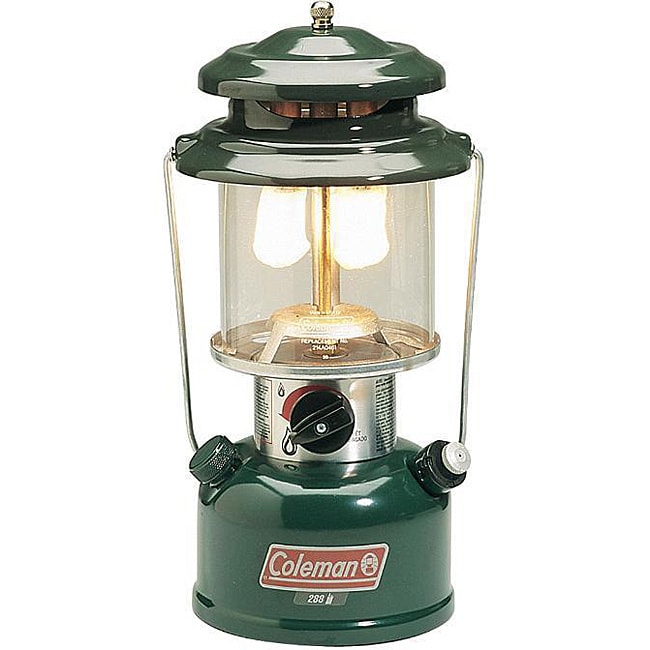Another Reader
Thinks s/he gets paid by the post
- Joined
- Jan 6, 2013
- Messages
- 3,413
I have been wondering, if PG&E is so inept and incompetent, why not let it go bankrupt and allow another entity to pick up the business to do a better job? In other businesses, that's how the weak companies die and the better ones thrive.
It seems to me there's something more complicated than that in this case.
Government interference in the process. PG&E is "too big to fail" and the legislature and the governor operate under this assumption.
We went through this maybe 30 years ago with deregulation of the electricity market. The public utilities were required to sell off their plants. It became obvious that the slow witted folks at PG&E were about to be bankrupted by fast talking hustlers from markets that were not regulated. Some compromise was worked out that I can't recall, but there is still a "market" with an auction process.



